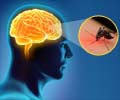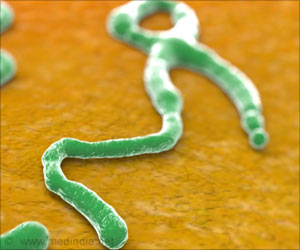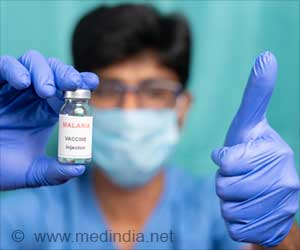Japanese Encephalitis in Assam, causing over 15 deaths during the monsoon season, officials are on high alert.

Spread of Japanese Encephalitis
The JE virus is transmitted through bites from infected Culex species mosquitoes, particularly Culex tritaeniorhynchus. There is often a higher risk of developing the disease in areas close to paddy fields, water supplies, and pig habitats.‘Japanese Encephalitis surge in Assam, prompts for direct action from government with medical response #DiseaseOutbreak #JE’





The experts claim that an individual with JE often exhibits either no symptoms at all or relatively minimal ones. While nausea, vomiting, stiff neck, speech impairment, and spastic paralysis are severe symptoms, fever and headache are moderate ones.For prevention, people should wear long-sleeved clothing, use mosquito nets, insecticides, and repellents, clean standing water, drains and maintain a clean environment around their homes.It is advised to get immunized in order to prevent contracting JE. In areas where the Japanese encephalitis virus (JEV) is prevalent, a vaccine against it has been included in the Indian Universal Immunization Programme (UIP).Assam recorded the highest number of JE-related deaths in 2006. The disease had caused almost 1,500 deaths. JE-like illnesses claimed 77 lives in July and August of the previous year as well.
Meanwhile, the state Health Minister, Keshab Mahanta, said that the health department is ready to deal with rising JE cases. Separate beds have been set up for such patients in every government hospital. Every exposed area is being fumigated to kill mosquitoes.
A senior health department officer told IANS that so far, 254 people have been affected by it. Five people died at Gauhati Medical College Hospital (GMCH) alone. Several people are in critical condition in various hospitals. Therefore, it is feared that the death toll may increase.
According to the doctors, the first symptom of Japanese encephalitis is fever, accompanied by a severe headache. The patients develop delirium due to the outbreak of fever. If this happens, the health professionals advise the sick to be admitted to the hospital without delay. Minister Mahanta also said that the common people should be careful. Medicated mosquito nets should be used."Health workers are going door to door and testing people's blood samples," he added.Mahanta mentioned, "Free treatment of Japanese encephalitis has been arranged in government hospitals.
Advertisement
- Incidence of Japanese Encephalitis amongst acute encephalitis syndrome cases in upper Assam districts from 2012 to 2014: A report from a tertiary care hospital - (https://www.ncbi.nlm.nih.gov/pmc/articles/PMC5761038/)
Source-IANS







